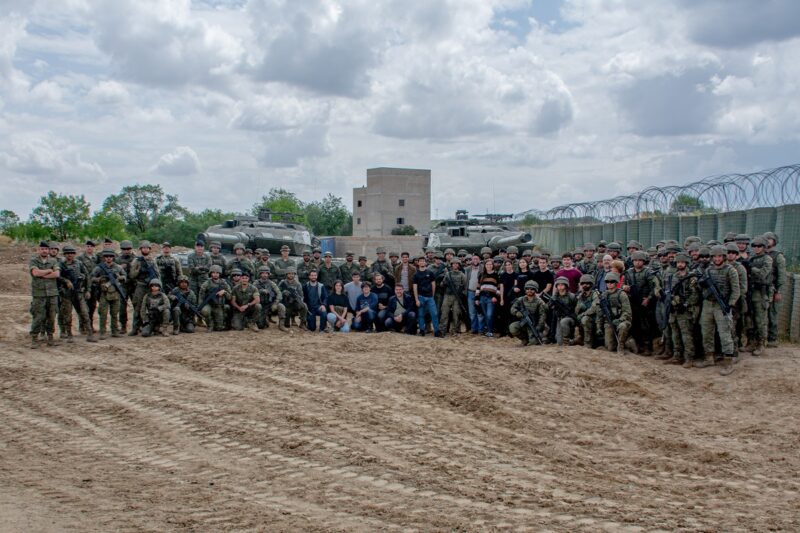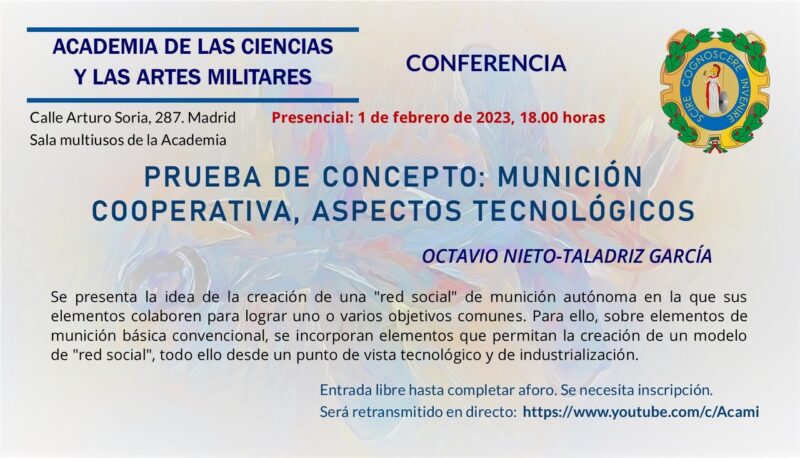El 24 de mayo hicimos una visita a la Brigada “Guadarrama” XII, junto a una representación del Equipo Directivo de la Escuela Técnica Superior de Ingenieros de Telecomunicación.
A las 10:00 dieron comienzo las actividades con la presentación del General Jefe de la Brigada sobre la organización, medios y misiones de la unidad.
La parte culminante de la visita fue la demostración dinámica de capacidades en la zona de combate urbanizada, durante la cual el personal de la universidad participó en un ejercicio de evacuación de personal no combatiente en una zona urbana con oposición de fuerzas irregulares.
Las actividades finalizaron con una exposición de algunas de las principales plataformas de combate de la brigada, el carro de combate “Leopardo 2E” y M-113, así como material, armamento y equipo individual.





